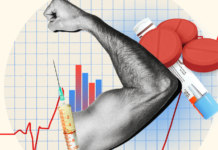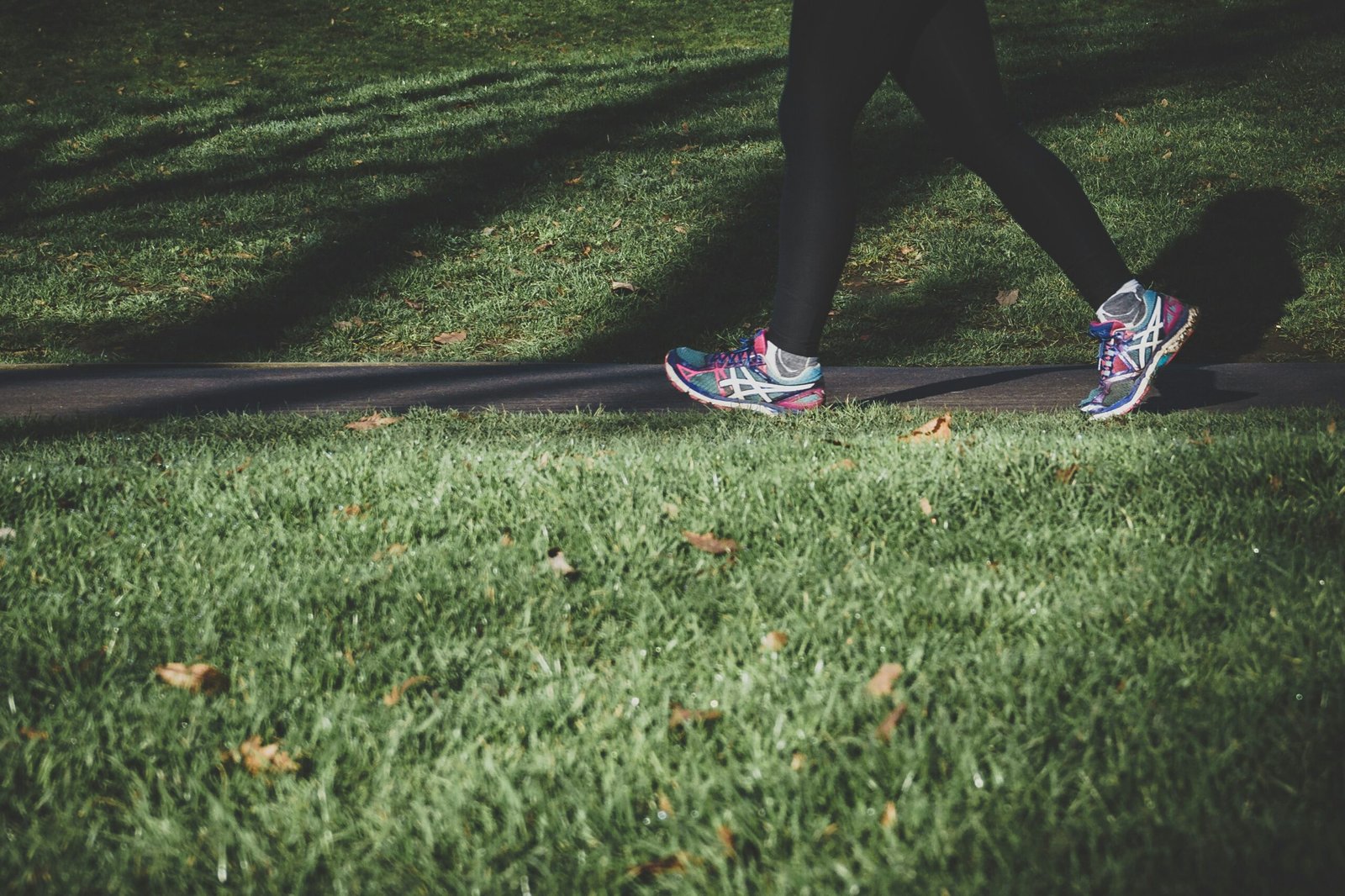Here are 9 important things you need to know about muscle soreness:
- Causes of Muscle Soreness:
- Muscle soreness occurs when muscle fibers and the connective tissue around them get damaged during exercise.
- It can be a result of overexertion, higher intensity workouts, longer workouts, or introducing new exercises to your routine.
- Types of Muscle Soreness:
- Acute muscle soreness: Felt during or immediately after exercise.
- Delayed onset muscle soreness (DOMS): Peaks 24 to 72 hours after exercise.
- Mechanism of Muscle Soreness:
- DOMS is not caused by lactic acid buildup, as previously believed. It is more likely due to microscopic tears in the muscle fibers that occur during exercise.
- The body heals these tears, leading to muscle growth and increased strength.
- Duration of Muscle Soreness:
- Muscle soreness usually begins 12-24 hours after exercise and peaks around 24-72 hours .
- The pain should start to go away after this time .
- Managing Muscle Soreness:
- Gradually increasing the intensity of your workouts may help minimize muscle soreness .
- Applying heat immediately after exercising or using moist heat therapy can reduce delayed onset muscle soreness.
- Cold therapy, such as using ice packs or soaking in a cold bath, can reduce swelling and nerve activity.
- Foam rolling and massages can help relieve muscle soreness and improve muscle performance.
- Wearing compression garments for 24 hours after exercise can reduce DOMS and speed up recovery.
- Hydration and Nutrition:
- Staying hydrated can help reduce muscle soreness.
- Some evidence suggests that eating antioxidant-rich foods, such as watermelon, may provide relief from muscle soreness .
- Milk protein supplementation and arnica creams have also shown promise in treating muscle soreness .
- Stretching and Warm-up:
- Stretching before or after exercise does not lead to a noticeable reduction in muscle soreness .
- Dynamic stretching, which involves moving muscles and joints, is more beneficial than static stretching.
- Continuing Exercise with Muscle Soreness:
- It is possible to continue exercising with muscle soreness, but it can be uncomfortable
- If the pain is severe, it is recommended to exercise at a lower intensity or switch to another muscle group for a day or two .
- When to Seek Medical Attention:
- Muscle soreness is normal and rarely requires medical attention.
- However, if the pain lasts more than a week, keeps coming back, or is accompanied by extreme weakness, dizziness, or trouble breathing, it is advisable to see a doctor.

























